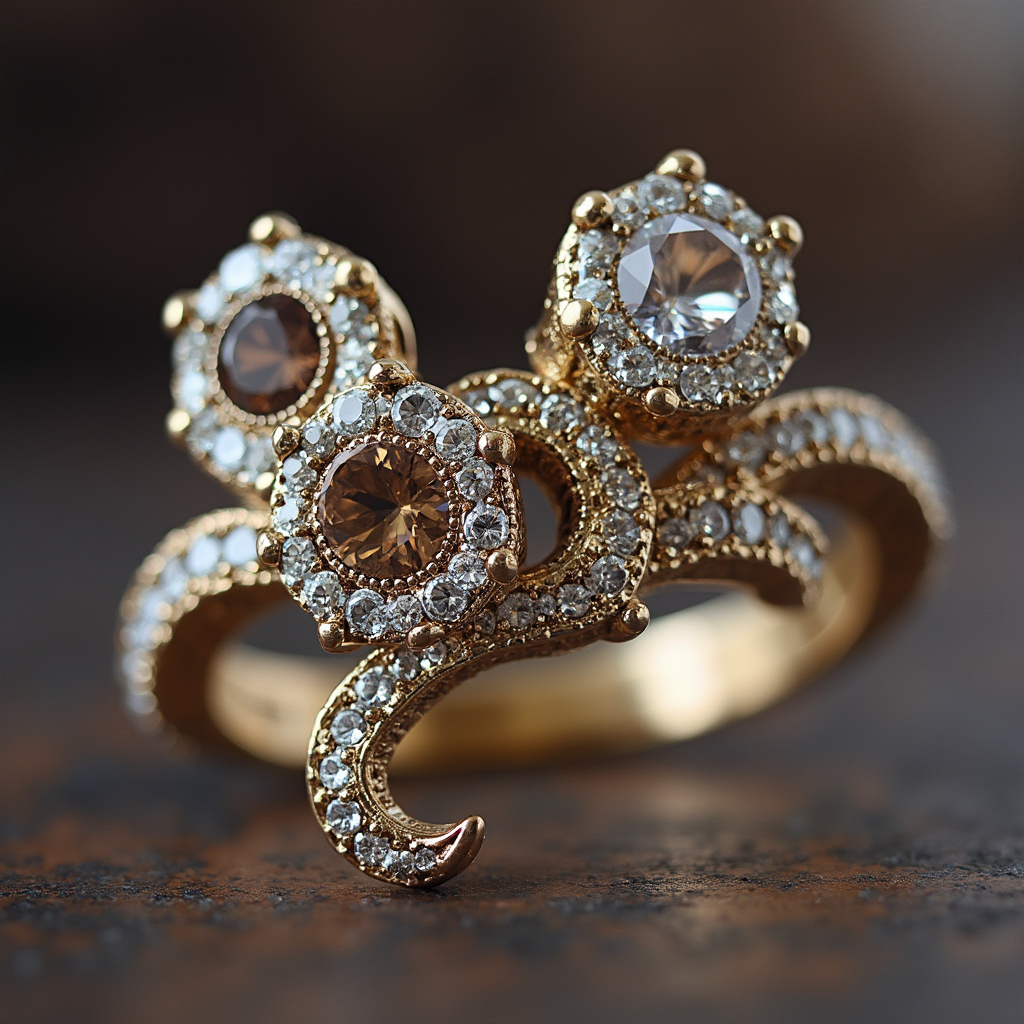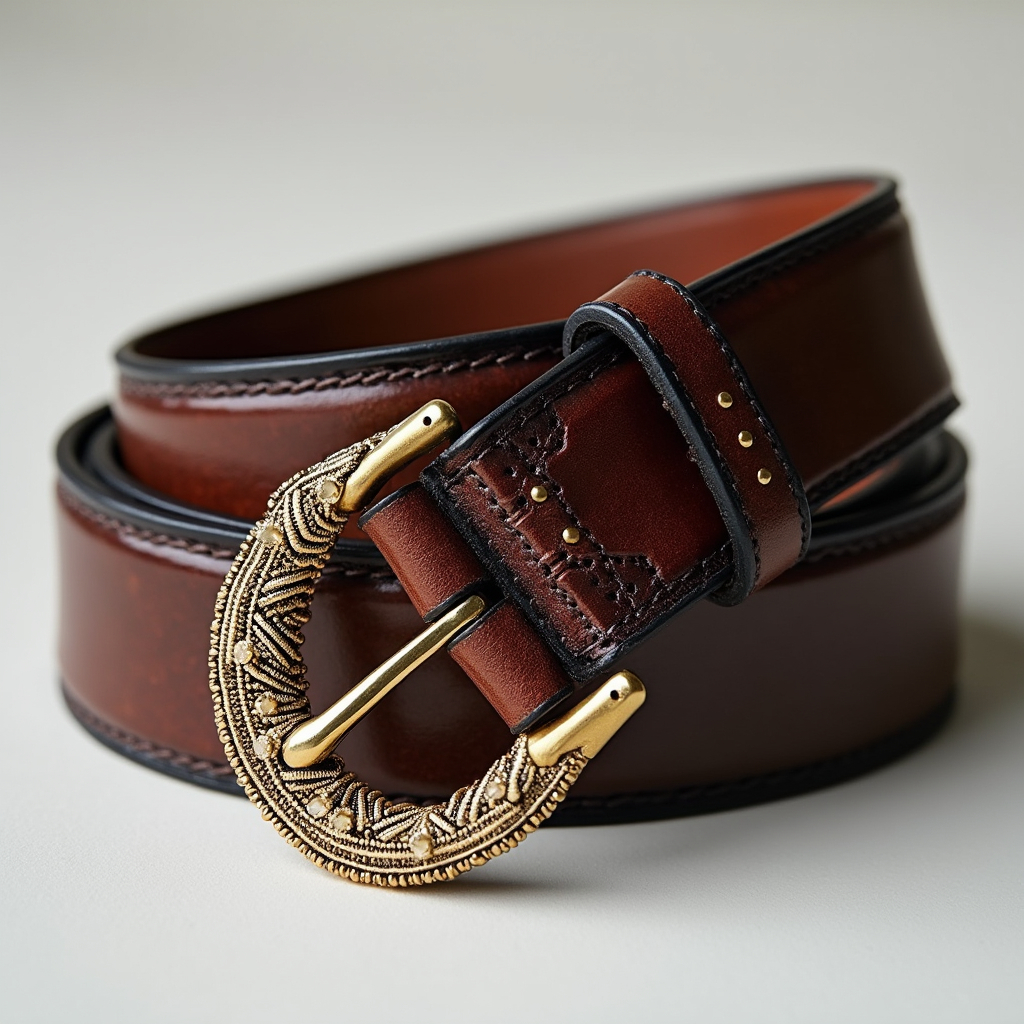Understanding the Ethical Landscape of Replica Fashion
The replica fashion industry exists in a complex ethical space where consumer rights, intellectual property laws, and sustainability concerns intersect. For many consumers, the appeal of replica items extends beyond affordability to questions about fashion industry practices and pricing structures.
Defining the Terminology
Before delving into ethical considerations, it's important to distinguish between different types of non-authentic fashion items:
- Replicas: Items designed to closely resemble designer products, but typically sold without claiming to be authentic
- Counterfeits: Products that illegally use trademarks and are sold under false pretenses
- Inspired pieces: Garments and accessories that draw design elements from luxury items without direct copying
These distinctions matter not only legally but ethically, as they represent different levels of intellectual property concerns.
The Ethical Arguments Around Replica Fashion
Arguments Supporting Ethical Concerns
Intellectual Property Rights
At the core of many ethical objections is the concept of intellectual property. Designers invest significant resources in creating distinctive styles, patterns, and brand identities. Replicas, particularly those that closely mimic protected designs, potentially undermine these creative investments.
According to the International Chamber of Commerce, the global economic value of counterfeiting and piracy could reach $4.2 trillion by 2026, representing a substantial loss to original creators.
Labor Conditions and Supply Chain Issues
Many replica items are produced in facilities with limited oversight regarding working conditions, fair wages, or environmental standards. Without the brand accountability that major fashion houses face, there's less transparency about production methods.
"The hidden costs of replica fashion often include poor working conditions and environmental damage that consumers never see." - Fashion Sustainability Coalition
Quality and Safety Considerations
Authentic luxury goods typically undergo rigorous quality control and safety testing. Replica items may contain harmful materials or chemicals that don't meet regulatory standards, potentially posing health risks to consumers and environmental hazards during production and disposal.
Arguments Supporting Consumer Choice
Accessibility and Democratization of Fashion
Proponents of replica fashion argue that it democratizes style, allowing people of various economic backgrounds to participate in fashion trends. In this view, replicas challenge the exclusivity that luxury brands deliberately cultivate.
Critique of Luxury Pricing
The markup on luxury goods can be substantial - sometimes exceeding 10-20 times the production cost. Some consumers view replicas as a reasonable response to what they consider inflated pricing that reflects brand positioning rather than actual quality or craftsmanship differences.
Sustainability and Waste Concerns
Interestingly, some argue that in an era of fast fashion and disposable consumption, well-made replicas that people value and keep longer may actually be more sustainable than authentic items that are quickly discarded as trends change.
The Consumer's Ethical Framework
Developing Personal Guidelines
Consumers navigating this complex landscape might consider several factors when developing their personal ethical framework:
- Transparency: Is the item being sold honestly, without claiming to be authentic?
- Production conditions: Is there any information available about how and where the item was made?
- Creative integrity: Does the item copy distinctive, original designs or merely follow general trends?
- Personal values alignment: How important are exclusivity, brand authenticity, and supporting original designers to your values?
The Middle Ground: Ethical Alternatives
For consumers concerned about both ethics and affordability, several alternatives exist:
- Purchasing from emerging designers who offer original designs at mid-range prices
- Exploring secondhand luxury through authenticated resale platforms
- Supporting brands that openly acknowledge their inspiration sources while creating distinct products
- Investing in fewer, higher-quality items rather than numerous lower-quality pieces
Legal vs. Ethical: Understanding the Distinction
It's worth noting that legal permissibility doesn't always align with ethical considerations. In many countries, purchasing replica items for personal use isn't illegal, though selling them often is. This legal gray area requires consumers to make decisions based on their own ethical standards rather than legal boundaries alone.
Regional Variations
Ethical perspectives on replicas also vary culturally. In some regions, replica markets are tourist attractions and accepted parts of the fashion ecosystem, while in others, they're viewed more critically.
Conclusion: Conscious Consumption
The ethics of replica fashion remain subjective and multifaceted. What emerges from examining various perspectives is the importance of conscious consumption - making intentional choices based on a thoughtful consideration of values, impacts, and alternatives.
As the fashion industry continues to evolve, particularly with growing emphasis on sustainability and ethical production, both authentic luxury brands and the replica market will likely face increasing pressure to address concerns about environmental impact, labor conditions, and pricing transparency.
For consumers, the most ethical approach may be neither wholesale rejection nor uncritical acceptance of replicas, but rather a nuanced position that considers the specific context, production methods, and personal values in each purchasing decision.




Reviews (7) Ask a Question
CulturalTheorist
March 1, 2025 at 10:25 amThe section on cultural appropriation in fashion is really thought-provoking. Has anyone considered how replicas might further complicate this ethical issue?. I recently discovered some similar items at
AnthropologyGrad
March 2, 2025 at 1:40 pmThis is such an interesting angle I hadn't considered. When luxury brands appropriate cultural elements and then those get replicated at mass scale, the original cultural context gets even further diluted. It's like a copy of a copy, where each step moves further from understanding the original cultural significance. This raises important questions about respect and attribution at multiple levels.
EthicalConsumer
March 4, 2025 at 11:15 amI struggle with the ethical considerations around labor practices. Does anyone know if there's any substantial difference between how workers are treated in authentic luxury manufacturing versus replica manufacturing?. I recently discovered some similar items at https://www.tjluxury2020.com/ with good reviews.
SupplyChainConsultant
March 5, 2025 at 2:30 pmThis is complicated. Some luxury brands have been caught using the same overseas factories as more affordable brands, despite charging premium prices. Meanwhile, some replica manufacturers operate in completely unregulated conditions, while others maintain surprisingly good standards. The most transparent luxury brands now publish factory information and labor certifications - something the replica industry generally doesn't do, making it harder to make informed choices.
DataAnalyst
March 8, 2025 at 9:50 amThe article mentions how the replica market may actually boost sales of authentic items by increasing brand visibility. Has anyone seen research that quantifies this effect?
Madison Clark
May 13, 2025 at 3:11 pmwhich one looks most real? need to impress
Thomas Nguyen
May 13, 2025 at 3:11 pmwhat's the difference between AAA and mirror quality? confused
Ryan Taylor
May 13, 2025 at 3:11 pmwhich one looks most real? need to impress https://www.tjluxury2020.com/Sunglasses-c1013774.html
David Kim
May 13, 2025 at 3:11 pmwhat's best color that won't show dirt? black or?
Ask a Question or Leave a Review